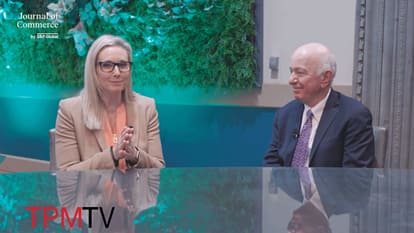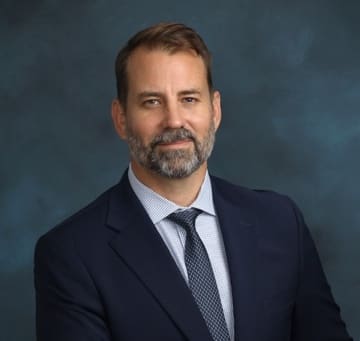- Program
- What's New
- Speakers
- Who's Attending
- TPM Community
- Partners

TPM Partnership
Partnership places your company in a position of authority and enables you to build and strengthen your relationships, visibility and reputation with major shippers
LEARN MORE - Media

TPM TV
Episodes of exclusive TPM content featuring interviews of key stakeholders and attendees.
WATCH NOW - About

About TPM
The must-attend conference for the trans-Pacific and global container shipping and logistics community
LEARN ABOUT TPM - Get Updates
- FAQ's
Sessions With Matt Schrap
Monday, 4 March
-
05:00pm - 05:45pm (PST) / 05/mar/2024 01:00 am - 05/mar/2024 01:45 am
California's Challenging Regulatory Environment
California’s freight transportation industry deals with the most challenging environmental regulations in the US, and possibly the world. Ocean carriers, marine terminals, trucking companies, railroads, and warehouse operators must meet strict deadlines for reducing harmful emissions from their operations even as freight volumes are forecast to increase steadily in the coming years. The California Air Resources Board’s Advanced Clean Fleets regulations governing trucking companies, as well as regulations that set strict deadlines for reducing emissions from vessels, marine terminals, warehouses and railroads are complex and are evolving toward mandates for deployment of zero-emission vehicles and cargo-handling equipment where feasible throughout the supply chain. Complying with these regulations, which are necessary if California is to meet federal Clean Air Act deadlines, will add cost to freight movement, and the freight transportation sector has raised the possibility that the rules could effectively set a cap on cargo volumes. This session, featuring speakers with expertise on regulatory compliance for ports, drayage operators, and warehouse operators, will address the evolving regulations governing California’s freight transportation supply chain.

